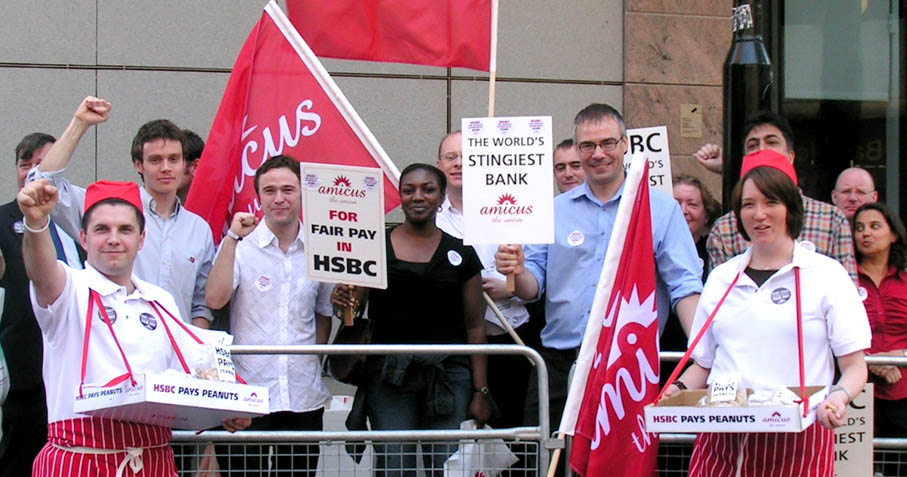THE government has appointed commissioners to help run Nottingham City Council after the authority declared itself effectively bankrupt.
The Labour-run authority issued a section 114 notice on 29 November, amid an in-year budget gap of £23m.
Changes at the council have been overseen by a government-appointed board following the collapse of council firm Robin Hood Energy three years ago.
The move has been confirmed by local government minister Simon Hoare.
In a statement, Hoare said: ‘The Secretary of State is satisfied that Nottingham City Council is continuing to fail to comply with its Best Value Duty, and that the necessary improvements are still not being made quickly enough.
‘I am today confirming that commissioners have been appointed to Nottingham City Council and new directions have been issued.’
The council has said reduced government funding, soaring demand and costs for social care have contributed to its financial woes.
It was confirmed three commissioners would be appointed – a lead commissioner, a commissioner for finance and a commissioner for transformation.
Hoare said: ‘This team structure reflects the most pressing priorities at the council as highlighted in the Improvement and Assurance Board’s latest reports, namely weaknesses in finance, transformation, along with an underlying culture of poor governance.’
The commissioners have been appointed for two years, though this could be changed by the secretary of state.
They will work alongside the existing structure of the council, with all officers, elected officials and the leader, David Mellen, remaining in place.
In early 2021, an improvement and assurance board was appointed by the government to oversee and monitor the council’s response to a report on its performance following the demise of Robin Hood Energy, the collapse of which is believed to have cost taxpayers about £38m.
The wrongful spending of nearly £16m from the council’s Housing Revenue Account (HRA) is also believed to have now cost £51m in repayments.
Major cutbacks are expected, including the planned loss of 554 full-time equivalent posts, but the council’s Labour executive refused to endorse these at a recent meeting.
Meanwhile, Europe’s biggest bank, HSBC, has posted an almost 80% jump in its pre-tax profit which rose to $30.3bn (£24bn) in 2023, fuelled by high interest rates.
It comes after central banks around the world raised interest rates in last 18 months to help curb rising prices.
Last week, rival lender NatWest revealed its highest yearly profit since the financial crisis in 2007.
But a slowdown in China’s economy has meant that HSBC’s profit was not as high as expected.
Its bottom line was also affected by a hefty $3bn charge from its stake in China’s Bank of Communications.
The bank makes most of its profits in Asia, especially in China and Hong Kong.
HSBC’s pre-tax profit for 2022 was $17.1bn and analysts were expecting it to jump to $34.1bn last year.
But its chief executive, Noel Quinn, said in a statement: ‘Our record profit performance in 2023 enabled us to reward our shareholders with our highest full-year dividend since 2008.’
The London-based lender rewarded investors with a new $2bn share buy-back.
In addition to three share buy-backs totalling $7bn, Quinn said the bank returned $19bn to shareholders last year.
